Building Better Cities with Smarter Science
Green x Urban Lab
We're a research lab using data science and urban planning to understand and improve our environment. By untangling the complex relationships between policy, infrastructure, and ecology, we aim to help build cities that are more sustainable, equitable, and resilient for everyone.
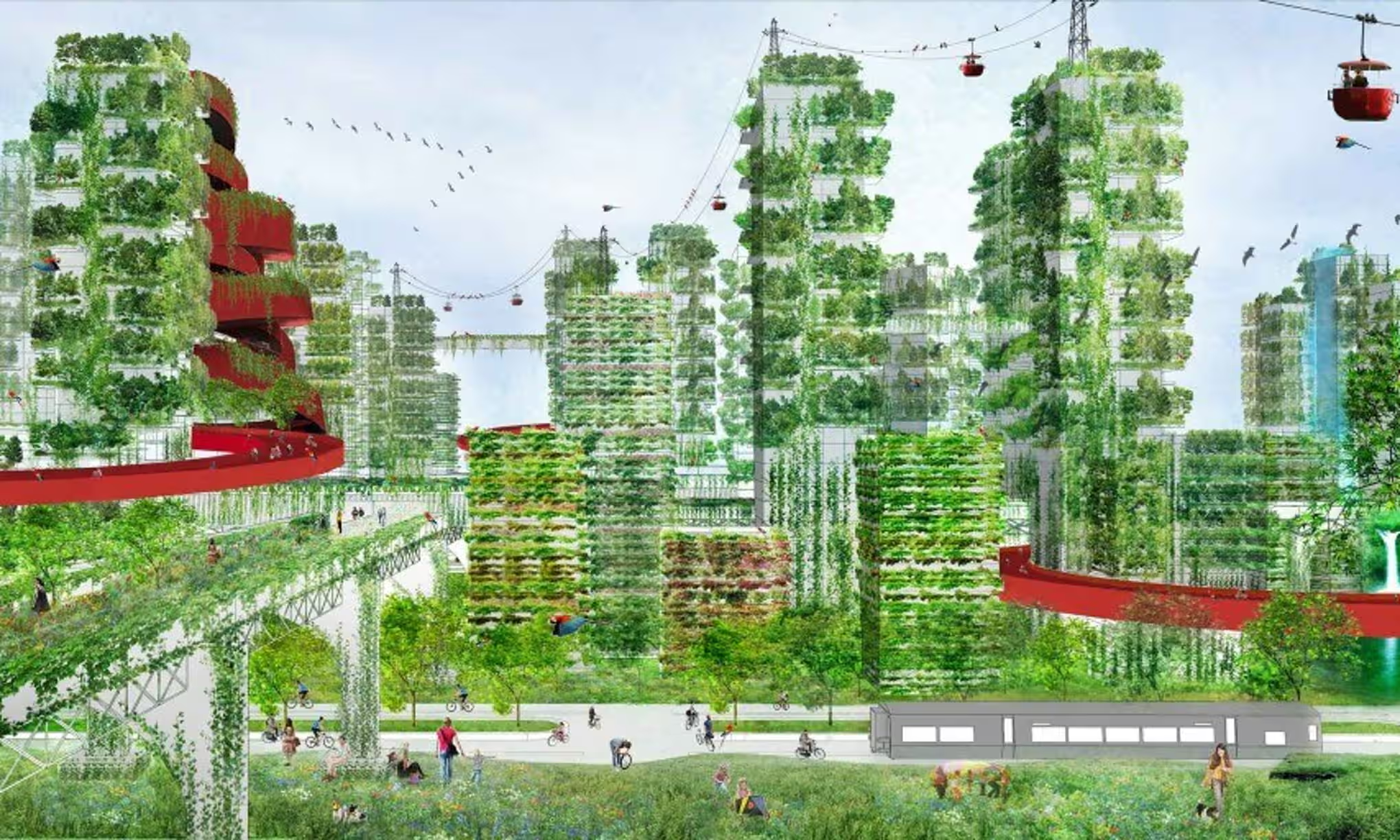
Our Approach
Our cities are full of hidden patterns that shape our lives. Inspired by the idea of the '99% invisible,' we look past the obvious to ask new questions. We use data to find out what really works—and what doesn't—when it comes to building healthier, more sustainable urban environments. This means going beyond assumptions to test ideas and measure their real-world impact.
We are committed to open science and a diverse, collaborative approach. We believe the best work happens when different perspectives come together. By working closely with students, other researchers, and community partners, we hope to not only produce new knowledge but also train the next generation of planners and scientists who can lead the way.

Our Three Pillars
These foundational themes guide our approach to research and collaboration.
Greener, Healthier Cities
How much does a new park actually cool a neighborhood? Which tree species provide the most benefits? We study the tangible impacts of green infrastructure on our health and environment to create practical, evidence-based planning advice.
Explore Projects →Data-Driven Insights
Using tools from machine learning, satellite remote sensing, and geospatial analysis, we find new ways to look at complex urban problems. Our goal is to measure what matters and build predictive models that can guide better decision-making.
See Our Methods →Working Together
The best solutions don't come from a single discipline. We actively seek out collaborations with other researchers, city governments, and community organizations. We believe in co-creating research that is both innovative and useful.
Partner With Us →What We Work On
Our research spans several core themes:
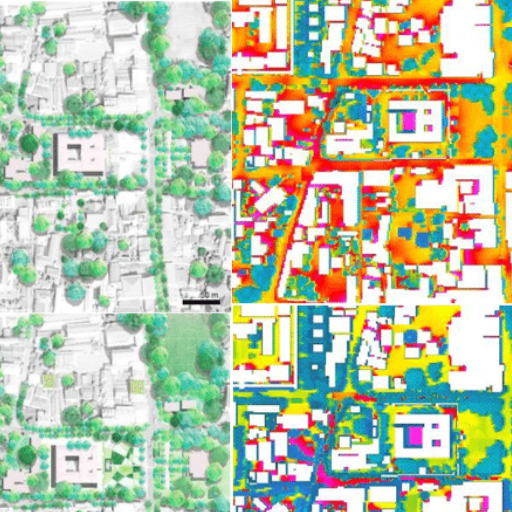
Urban Climate Analytics
We use advanced climate simulations, including UHI mapping and CFD modeling, to analyze how a city's unique form and fabric affect heat and airflow, but also air and water pollution and causes/effect. Creating actionable insights for climate adaptation.
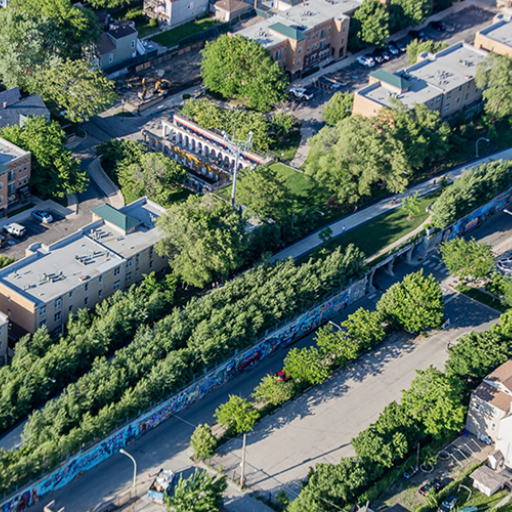
Green Infrastructure
We explore the performance of nature-based solutions. By analyzing how green infrastructure interacts with urban morphology, we identify best practices for improving climate resilience, biodiversity, and public well-being.
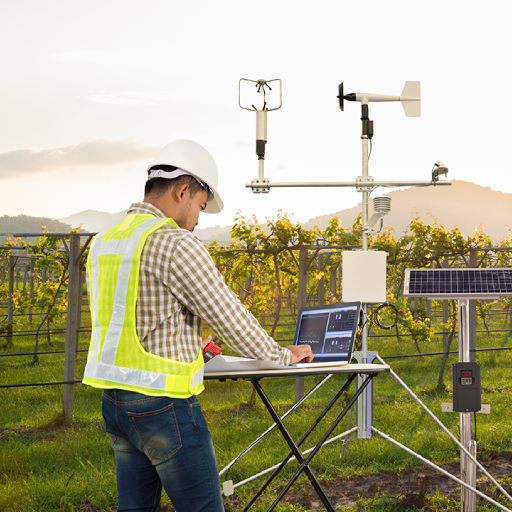
Environmental Monitoring
Leveraging a multi-scale sensor network—from satellites to low-cost ground sensors—we develop novel systems to track dynamic environmental conditions like air quality, flood risk, and land cover change. These data are further used to inform various simulation and ML models.
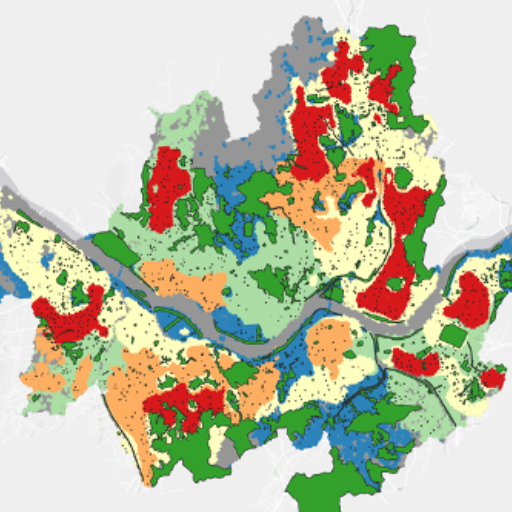
Equitable Planning & Policy
Our spatial research investigates how urban transformations affect fairness and inclusion. Using participatory methods, we analyze proximity and access to inform equitable policies for concepts like the X-Minute City.
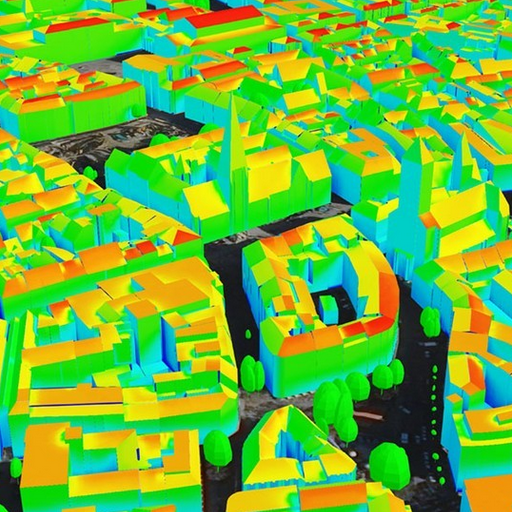
Digital Twins & Smart Planning
We construct dynamic digital representations of cities. These 'digital twins,' powered by agent-based models and machine learning simulations, serve as virtual laboratories to test and visualize sustainable urban futures.

Environmental Chemistry
Bridging lab-based chemistry with field applications, we develop accessible methods for environmental analysis. Our work in colorimetric testing and chemical analysis makes it easier to measure pollutants in our air and water.
Latest News
In the news
Mason Korea undergrads publish research in international environmental journal Read more.
In the news
Mason Korea students conduct environmental research on Incheon stream Read more.
In the news
CSPS-Korea Student Fellows Receive Grant for Environmental Research Read more.